The common reply appears to be: “Yes, it will kill jobs, but only low-level jobs, and it will create more jobs to at least balance the jobs it does kill.”
I reject that. I believe that artificial intelligence (AI) will eliminate occupations, and that eventually it may eliminate the majority of “jobs” in the traditional sense. I believe that people are relatively unprepared for the changes we will need to adjust to in the not-too-distant future due to their lack of concern about the economic impact of AI.
Let’s begin with the analogies to automation and machines. Indeed, they made factory workers unemployed. In that regard, I concur that AI today is similar in many areas, replacing humans with less specialised abilities, such as call centre operators, administrative support staff (to a certain extent), and possibly soon, truck drivers and cab drivers. But given that AI is expanding and is unlikely to stop growing, I would contend that it fundamentally differs from machinery and the majority of the other comparisons that are frequently offered when answering this question. Its depth (in terms of applications and industries), geographic and economic reach, and power (in terms of its ability to handle increasingly complicated tasks) are all expanding. An automobile manufacturing facility’s machinery learning how to build vehicles, assemble them, and design them all over the course of a year might be a better comparison.
I believe that there is very little that future advanced AI cannot accomplish. The debate over the AI singularity can wait for now. Instead, I believe that Google’s and other companies’ deep learning initiatives are accelerating the rate at which AI systems learn. Increasingly difficult activities, including as medical diagnosis, stock market trading, weather prediction, and human behavioural modelling, may now be handled by advanced AI. It will soon be possible to replace some sorts of teachers and play a part in education. It appears to be only limited in applications that need interactions with the physical environment (sensors are still imperfect), other people, and sophisticated mathematical and software systems.
What jobs will NOT be eliminated by AI, then, without looking too far into the future? Labor-intensive jobs have already been replaced or will soon be. Logical reasoning-intensive jobs are being replaced, but more slowly. What characteristics do people have that AI can’t replicate? Perhaps originality or emotional reactions? So possibly academic academics will outlive most others, along with artists (though AI style mimicking is already fairly excellent and their output is pleasurable), caseworkers, psychologists, and CEOs who cannot be predictable or prone to mistakes. And hopefully the designers of algorithms and software that create AI systems.
This preserves only a tiny fraction of the jobs of today. Many claim that all that is required is training for higher level positions produced by AI, such as programmers and ML researchers. However, it’s not an easy task. The current demands imposed by cutting-edge technology are a challenge for the US educational system. The current economic divide in the nation is largely due to this failing. We have never faced a problem like the one of preparing the public for a work market that is both narrowing in scope and becoming more sophisticated.
In my opinion, I’m hardly alone. But if I were to hazard a prediction, I’d argue that AI would cause many more job losses than we have time to (re)train. This will have a huge impact on the economy because businesses who want to cut costs will do so at the expense of a rise in unemployment. To prevent a major economic collapse, drastic increases in the minimum wage will be necessary, followed by the implementation of some form of universal income or welfare. It’s the kind of transformation that calls for a lot of leadership from our government, which today looks tragically lacking.
The one thing I would probably add today is that I am actually rather amazed at how quickly AI is now replacing vocations that many people still view as being driven by creativity. When diffusion models like Stable Diffusion and MidJourney can be prompted with the names of artists you want them to imitate, artists aren’t actively retaliating against their work. I do believe that when this displacement takes place, human artists will still be required to infuse these models with fresh forms of creativity, but the art ecosystem will radically alter from what it was in the past.
In recent years, artificial intelligence (A.I.) has gained popularity as a hot-button issue, catching the interest of both the general public and technologists. Rapid developments in A.I. technology have sparked seismic shifts across a range of industries and hold the potential to fundamentally alter the course of human history.
The Current State of A.I.
It’s important to understand the current status of artificial intelligence (A.I.) before delving into its potential future applications. Machine learning, natural language processing, computer vision, and robotics are just a few of the many methods and applications that fall under the umbrella of artificial intelligence. These innovations provide machines the ability to analyse data, draw conclusions, and carry out activities that previously required human intelligence.
A.I. has already been incorporated into many facets of our daily life. A.I. algorithms are used by virtual assistants like Siri and Alexa to comprehend and answer to our questions. A.I. is used in recommendation systems on streaming services and e-commerce websites to customise our experiences. Artificial intelligence (AI)-driven autonomous vehicles are being researched and tested for safer mobility. The significance of artificial intelligence on our future is growing as it develops.
How will A.I. affect our future?
- A.I. and Job Automation
- A.I. in Healthcare
- A.I. and Ethical Considerations
- A.I. and the Economy
- A.I. and Data Privacy












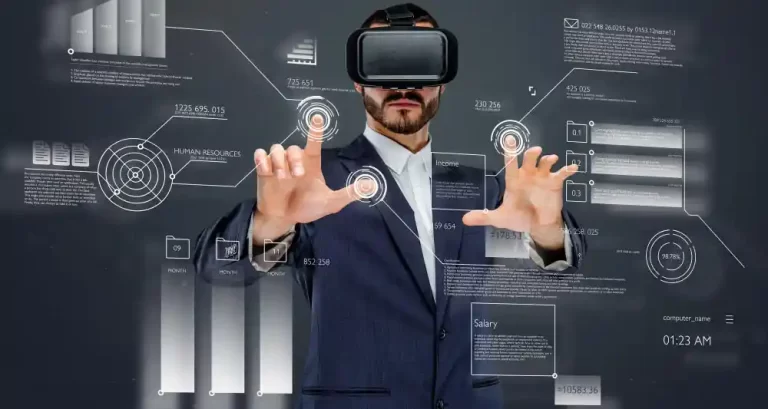

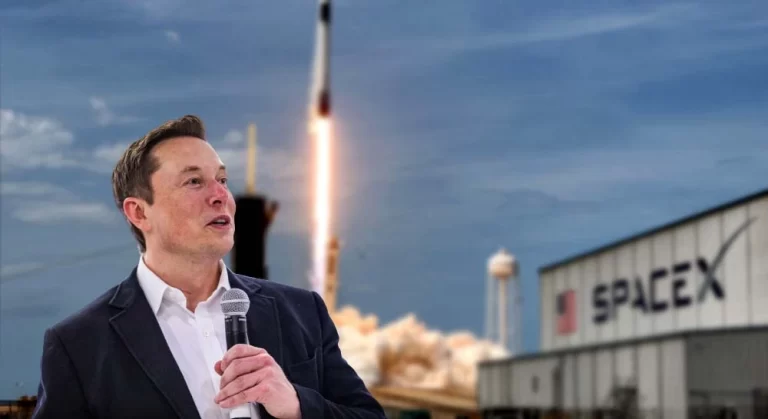
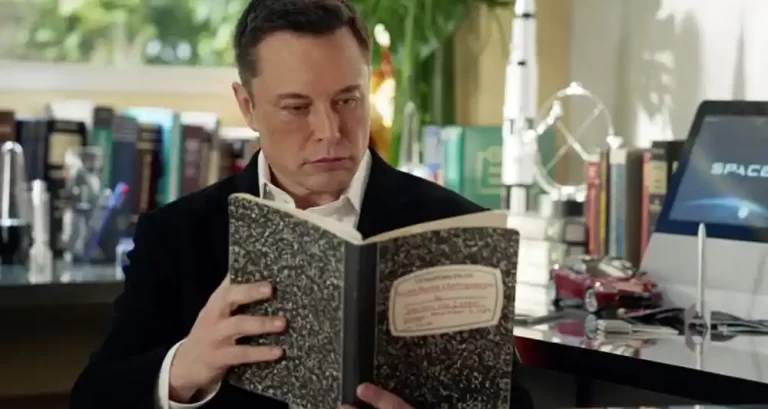


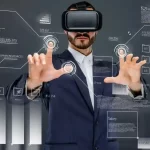


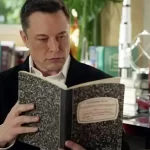

+ There are no comments
Add yours